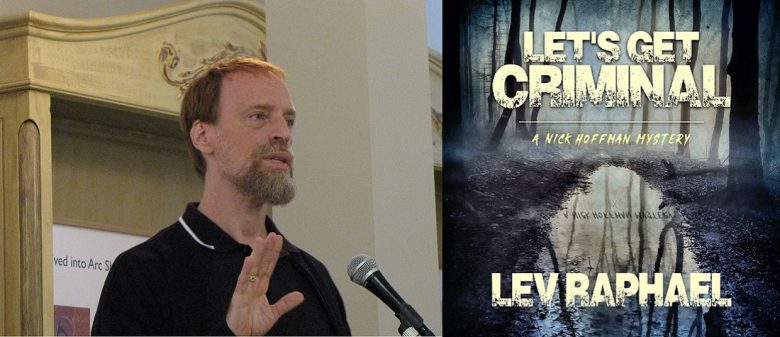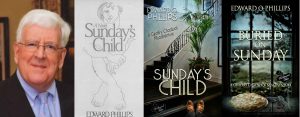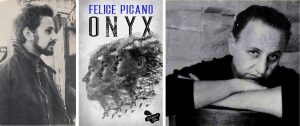[We’re delighted to repost Lev Raphael’s article from his home blog on how he came to be a crime fiction author. LET’S GET CRIMINAL is the first in series set in State University of Michigan. It features two professors, Nick Hoffman and his partner Stefan Borowski. This debut novel is available from ReQueered Tales.]
Growing up in New York, I read and revered The New York Times, which was one of a handful of papers in our house, but held the place of highest esteem. And I remember classroom instruction in elementary school about how to fold it on the train or bus since it wasn’t a tabloid and the pages were so large.
I dreamed of being reviewed there at whatever point I became a published author. But I never expected that it would be my mystery series that would open that door, and literally jumped for joy when it happened.
Let’s Get Criminal, the first Nick Hoffman mystery, is now back in print after a long hiatus and available on Amazon.
I had never set out to write mysteries, even though I loved crime fiction and started reading in it junior high school. When I launched my career as an author, it was with short stories which were ultimately collected in a book that won a Lambda Literary Award.
But one of them, “Remind Me to Smile,” featured a couple of academics faced with a bizarre situation: Stefan has gotten an ex-lover of his a job in the English department that is his and Nick’s home. Nick is outraged, and then depressed when Stefan invites the ex to dinner.
My first editor at St. Martin’s Press, the legendary Michael Denneny, was very taken by the story, only he said the dinner guest should have been poisoned. And then a few years later, when I was wondering where I should take my career after a collection of short stories, a novel, and a study of Edith Wharton, Denneny said, “Nick and Stefan could be like Nick and Nora Charles.”
That’s when the Nick Hoffman series was born. Nick and Stefan teach at the same school, are happy together, but the unexpected keeps intruding into their lives thanks to the murderous academics they work with. I’ve been writing it over the years because I loved the characters, and because I relished the academic setting where you find bald men argue over a comb, as Borges put it so well.
At the time of my conversation with Denneny, I was reviewing mysteries and thrillers for The Detroit Free Press. That made me determined to avoid one thing: sleuths who don’t get changed by what happens to them. In far too much crime fiction, the protagonist discovers a body and then goes off for breakfast at Denny’s as if nothing’s happened.
When I first met Walter Mosley, we talked about ways to keep a series from becoming routine for the author. He said his strategy was to take the series through historical changes, and see how they affected Easy Rawlins.
In the Nick Hoffman series, Nick ages and is definitely changed by the deaths he encounters. His relationship with Stefan develops, too. Depicting a loving gay couple over time, and under stress, has been one of the joys of this series. The world has changed a lot, too, since the series began in the 90s, so it’s been fun to chart those changes in mysteries, which are good vehicles for social commentary.
Mystery writing has made me a better teacher and I’ve been fortunate to teach mystery fiction in classes, workshops, and online. The series has had more impact than I would have guessed, putting me on the map in ways I never expected. But that’s how a writing career goes: the unexpected is always your companion.
Lev Raphael’s is the author of 26 books in genres from memoir to crime fiction. The latest review of his new mystery State University of Murder is at the Lansing State Journal. You can study creative writing with Lev one-on-one at writewithoutborders.com



